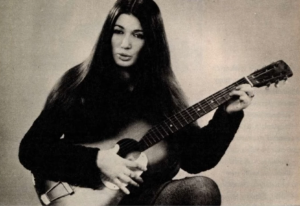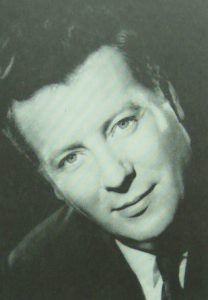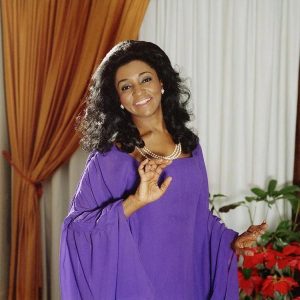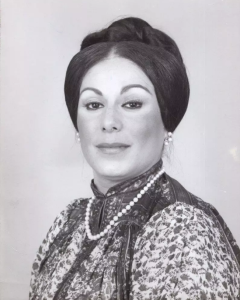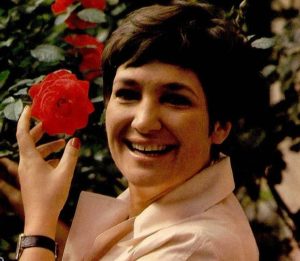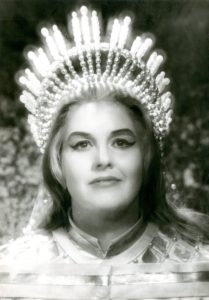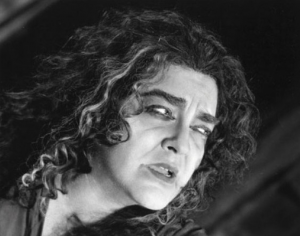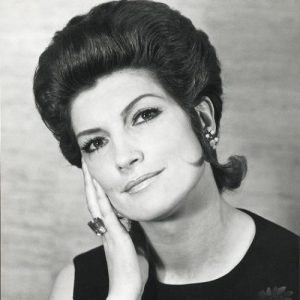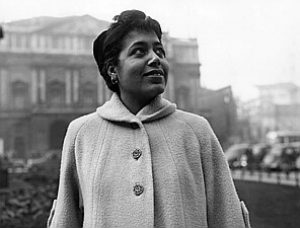Podcast: Play in new window | Download (Duration: 1:48:25 — 122.7MB) | Embed
Subscribe: Spotify | TuneIn | RSS | More
Today’s episode is the latest installment in my series entitled “Rescue Mission,” which reintroduces great singers who have already been featured on the podcast. This is the Belated Birthday edition of that series, which reintroduces us to a wide range of Countermelody favorites, including jazz singer Ethel Ennis; baritones Robert Massard, Gérard Souzay, and Andrzej Hiolski; sopranos Sylvia Sass (pictured), Veronica Tyler, April Cantelo, Elly Ameling, Gloria Davy, Margaret Marshall, Rosanna Carteri, Sarah Reese, Ilse Wolf, and Carol Neblett; mezzo-sopranos Jennie Tourel, Maureen Lehane, and Shannon Bolin; and tenors David Rendall and Stuart Burrows. The repertoire is as varied and rare as are the artists featured, including songs by Rimsky-Korsakov, Chopin, Malcolm Williamson, and Alec Wilder; opera arias by Schreker, Mozart, Mascagni, and Verdi; and selections by Bach and Schütz. I love doing this kind of episode, because it allows me to cast my net wide and share with you the kinds of singers and repertoire that are bringing me comfort and joy in these trying times.
Countermelody is a podcast devoted to the glory and the power of the human voice raised in song. Singer and vocal aficionado Daniel Gundlach explores great singers of the past and present focusing in particular on those who are less well-remembered today than they should be. Daniel’s lifetime in music as a professional countertenor, pianist, vocal coach, voice teacher, and author yields an exciting array of anecdotes, impressions, and “inside stories.” At Countermelody’s core is the celebration of great singers of all stripes, their instruments, and the connection they make to the words they sing. By clicking on the following link (https://linktr.ee/CountermelodyPodcast) you can find the dedicated Countermelody website which contains additional content including artist photos and episode setlists. The link will also take you to Countermelody’s Patreon page, where you can pledge your monthly or yearly support at whatever level you can afford.
